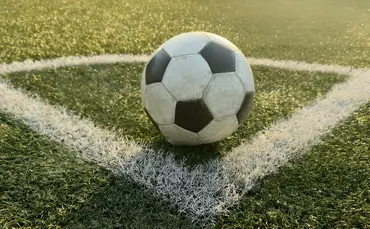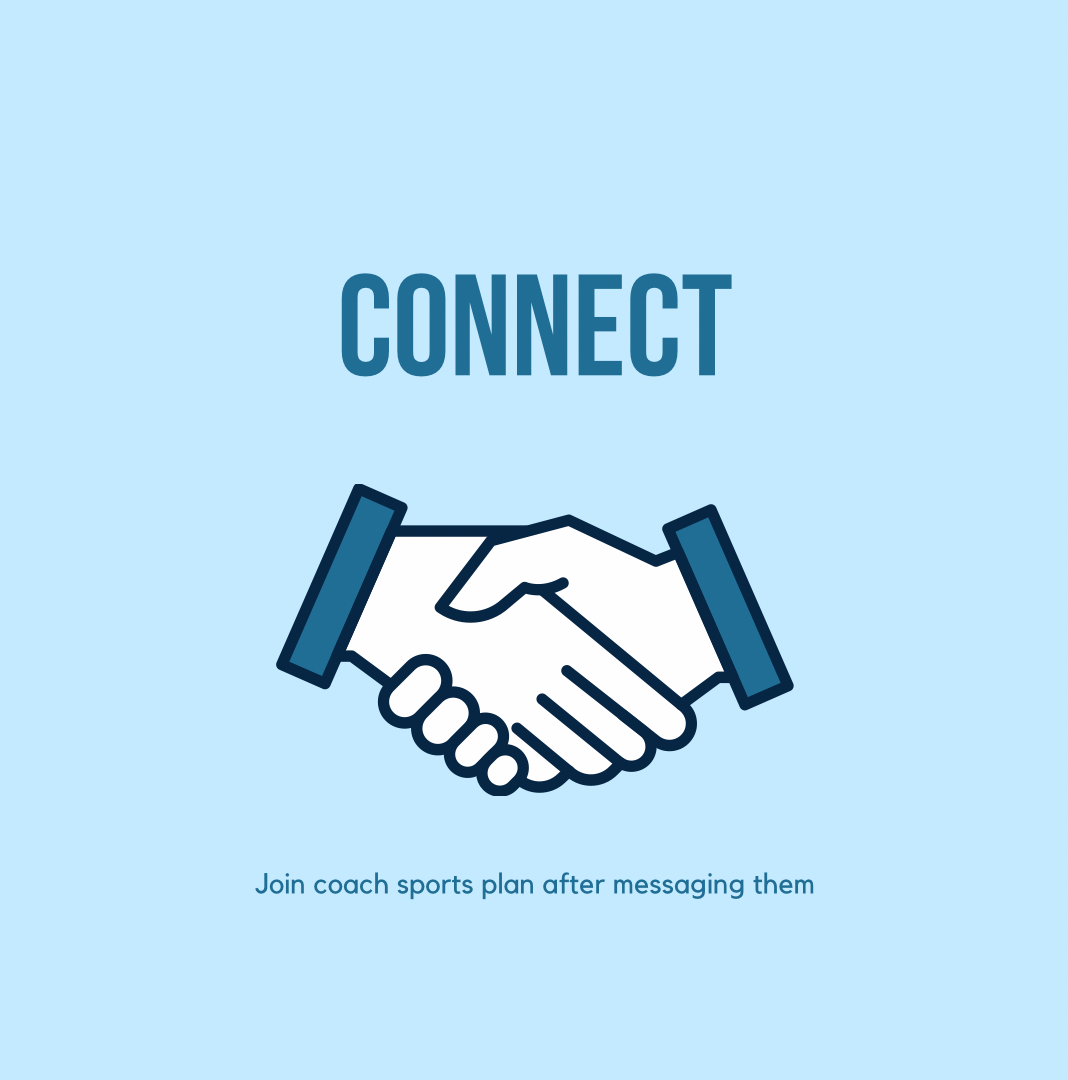The Rules: Keeping the Game Fair
There is a set of governing rules for football called the Laws of the Game. These were established and are maintained by the International Football Association Board, or IFAB, to ensure play is standardized for everyone, from professional leagues to backyard games. Among these rules include the following:
The Objective:Simple to score more goals than the opposition. A goal is scored when the ball crosses the goal line between the goalposts and under the crossbar.
The Players:Each team has 11 players also one goalkeeper. The goalkeeper is the only player allowed to use their hands and then only within the penalty area.
Match Duration:A standard match is 90 minutes long, divided into two halves of 45 minutes each a normally scheduled 15-minute pause in the middle. If the result continues to remain level, and a winner needs to be decided upon, extra time and then a penalty shoot-out may follow.
Fouls and Misconduct:Players are supposed to play the ball, not the opponent. Kicking any opponent, or tripping or pushing, is a foul. More serious offenders will receive a yellow card.
Offside rule:Anybody who is entering the field for the first time may fall prey to this. So, a player is considered offside if they are closer to the opponent's goal line than he is to both the ball and the second last opponent at the moment when the ball is played to them unless they are, of course, operating in their own half.

Free Kicks and Penalties Depending on where the offence, takes place, the opposing team earns either a free kick or penalty kick. Free kicks, may be direct you can score directly or indirect meaning another player must touch the ball before a goal is scored. Penalty kicks, take from the penalty spot, with only the goalkeeper to beat.
The Football Ground: The Stage of Dreams
The football pitch is literally the playing field, but that doesn't sound like much all green, rectangular grass. Of course, there is more to it:
Dimensions:While the pitch allows for different sizes, an average pitch would be from 100 to 110 meters long and 64 to 75 meters wide. The most important thing is that it should be in two halves of equal size.
The Goals:Each field end hosts two goals, wide at 7.32 meters and high with 2.44 meters. It is the target both teams aim for.
The Markings:Different lines and circles hold the gameplay in order. A centre circle with a radius of 9.15 meters where the plays start and are restarted, a penalty area a rectangle in front of each goal which is very essential during penalty kicks and for privileges to the goalie, areas for smaller goals, and corner arcs for goal kicks and corner kicks respectively, are the common markings on the field.
The Surface:Although the ideal is grass, artificial turf is common. The artificial turf is mostly seen in areas where it is hard to set grass. Irrespective of the surface, it has to be safe and playable.
How does a football coach help with understanding game strategy?
He helps explain game strategy to you by breaking down plays and tactics that are in the game. He will be able to teach you how to read the game and predict what the opponents are going to do and make any decisions in a split second. Coaches develop team strategies that expose opponents' weaknesses and exploit your strengths. By practicing different formations and set pieces under their guidance, you become more versatile and strategic on the field. This, of course, deepens your understanding of the game's nuances and greatly enhances one's general performance in a game.
Why is a football coach important for developing teamwork?
Teamwork in football is so developed with the help of a coach, as he instills communication and cooperation between players. He usually emphasizes how to work as a team and to understand your role in it. Coaches build trust and camaraderie within the team by leading drills and team-building activities. They also teach how to back up and cover teammates during play. Building a team environment of cohesiveness, a coach ensures that players function together cohesively, which is of prime necessity on the field. Good teamwork can make the difference between individual skill and a powerful collective force.
How can a football coach assist with mental toughness?
A football coach can help with mental toughness by teaching you how to remain focused and composed under pressure. They create scenarios in practice where you may have a high level of stress to learn to cope with nerves and make decisions quickly. They also emphasize positive thinking, resilience, and perseverance. By challenging you to overcome challenges and giving you support when the going gets tough, they help you build mental strength. Such mental toughness will be important in maintaining performance under high-stakes matches and also in bouncing back from setbacks.
How does a football coach help with mental preparation for matches?
A football coach helps with mental preparation for matches by showing you how to stay focused and calm under pressure. They teach you strategies such as visualization, goal setting, and positive self-talk for increased mental resilience. They also recreate high-pressure situations during practice to get you prepared for a real game. They support and encourage you unendingly, thus enabling you to gain more confidence and less anxiety. A coach's guidance gives one mental toughness to be able to perform at one's best during crucial moments, keeping composure and making the right decisions.
How can a football coach improve your decision-making skills on the field?
A football coach can help you enhance your decision-making on the pitch by teaching you how to read the game and anticipate the moves of opponents. They design drills imitating game situations that create quick thinking and strategic decisions. Additionally, coaches give feedback on your decisions so that you can learn from them and fine-tune your judgment. Practice under their guidance, and you will be better at making smart, split-second decisions during matches. Better decision-making will enhance all-around performance and effectiveness, hence making you a more valuable member of your team.
 Taramati baradari , Vasavi college , hyderabad, Telangana, IndiaAiff D licence holder
2x National player
RFYS TOURNAMENT SEMI FINALISTS ...
Taramati baradari , Vasavi college , hyderabad, Telangana, IndiaAiff D licence holder
2x National player
RFYS TOURNAMENT SEMI FINALISTS ...

